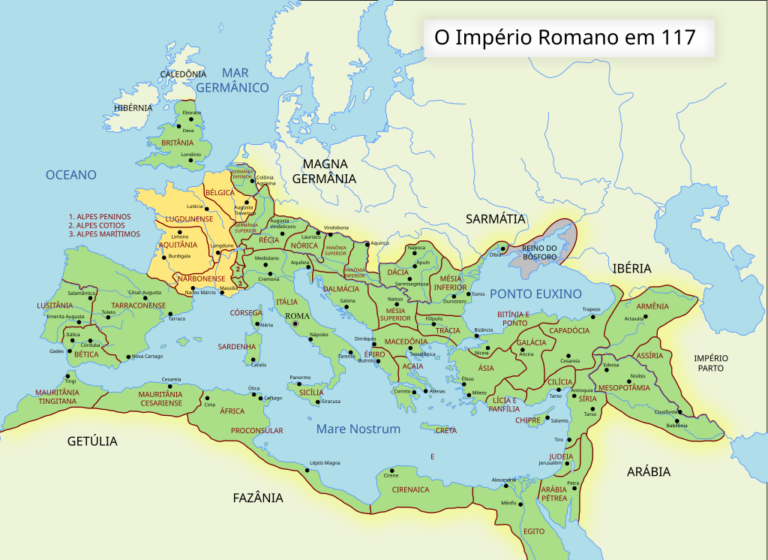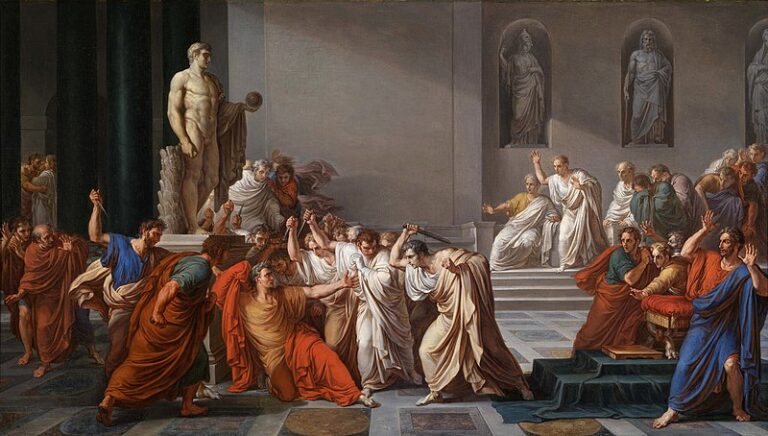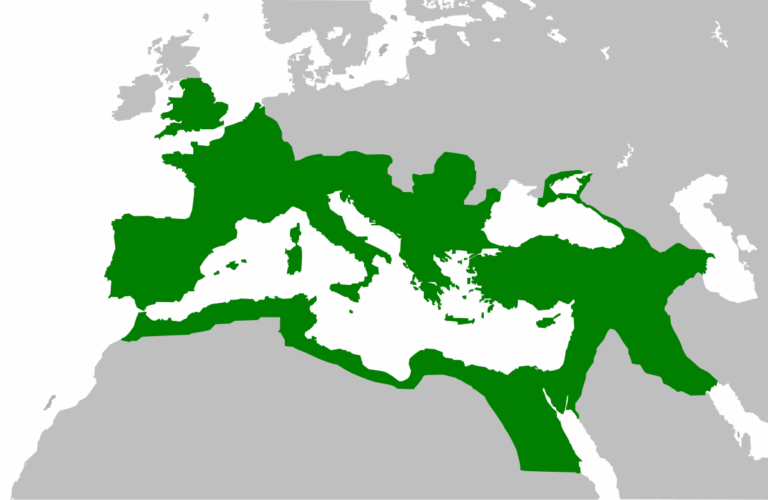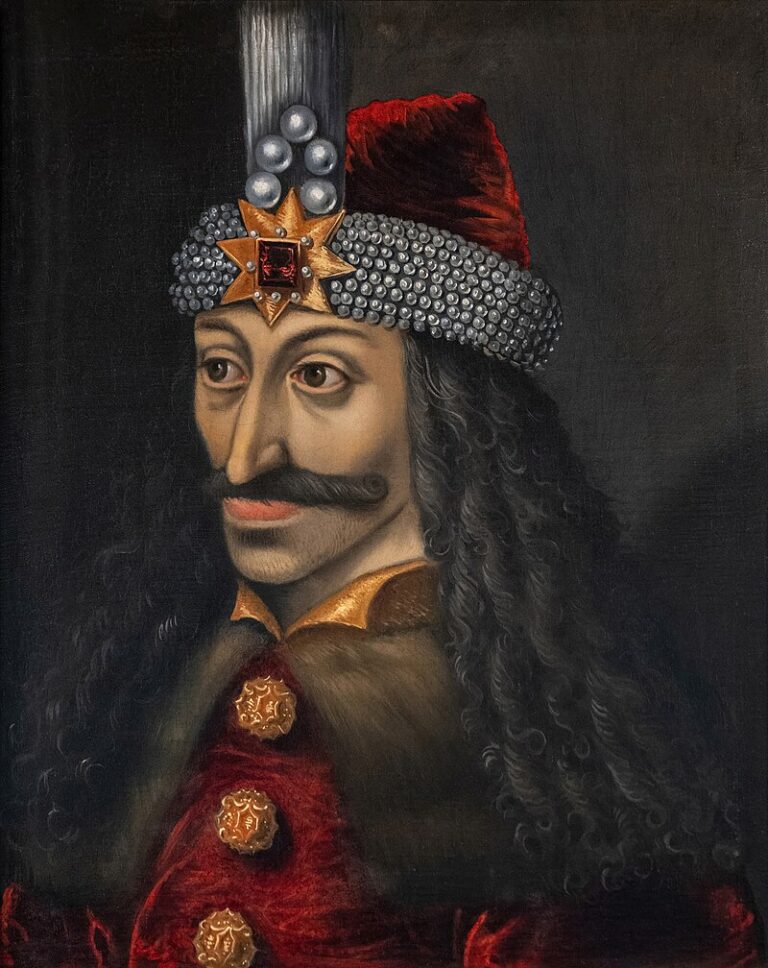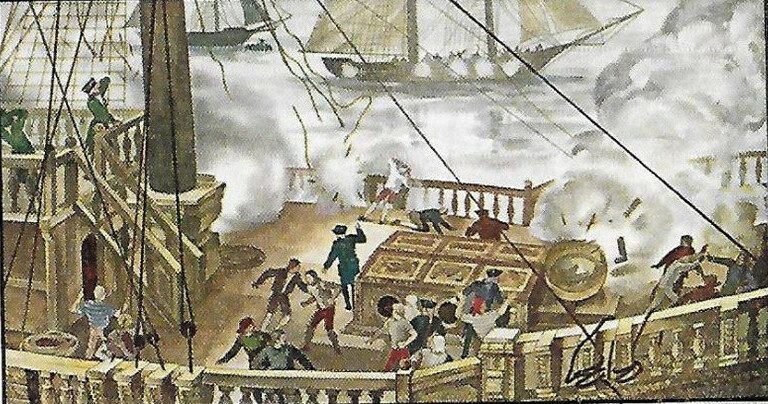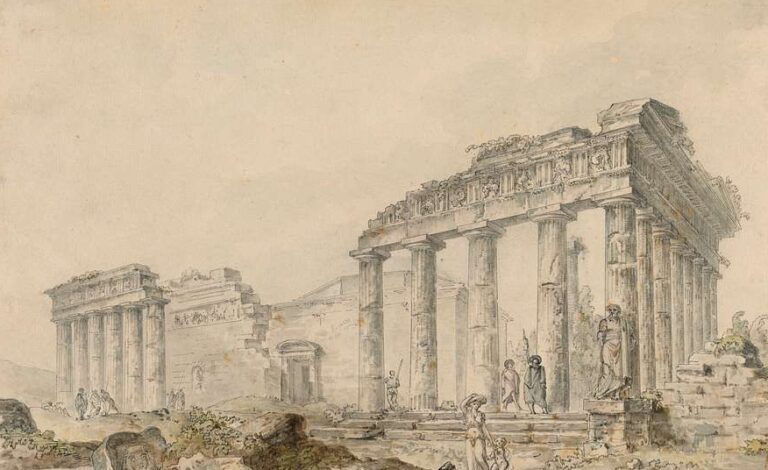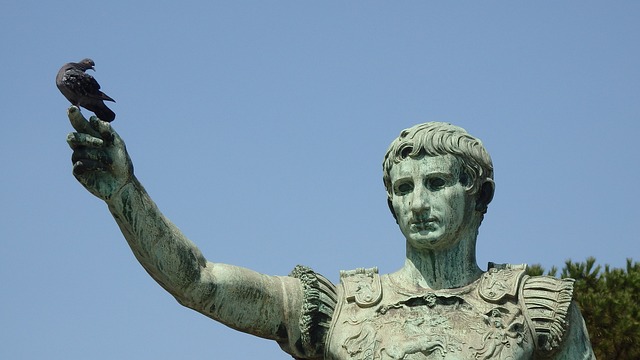
How did the Romans choose their emperor? The selection of a Roman emperor was rarely a straightforward process. It was a complex mix of personal power, military support, public sentiment, and political maneuvering, often shaped by the chaotic and unstable nature of the Roman Empire. Unlike modern systems of hereditary monarchy or democratic elections, the title of emperor was far from guaranteed for anyone. The path to the imperial throne frequently involved a blend of military force, political strategy, and popular acclamation. Let’s explore the key methods through which Roman emperors were chosen.
Hereditary Succession and Adoption
In the early years of the Roman Empire, emperors did not always inherit their title by bloodline. Instead, emperors often adopted their successors, creating a form of hereditary succession. This practice allowed the reigning emperor to select an heir who was deemed capable, ensuring the continuation of imperial rule. The most famous example of this is Augustus, the first emperor, who adopted Tiberius, his stepson, as his heir. This system allowed the emperor to control who would succeed him, often choosing individuals with the skills or loyalty necessary to govern the vast empire.
Though adoption became a common practice, true hereditary succession did not take root until later in Roman history, particularly in the Byzantine period. Early emperors like Augustus were more concerned with finding a capable leader rather than relying on bloodline, although dynasties did eventually emerge, such as the Julio-Claudian family. However, hereditary succession was never fully established as the dominant method of choosing emperors until the later stages of the Empire.
Military Support: The Key to Power
Military backing was probably the most important factor in determining who would be emperor. Emperors were often proclaimed by their legions, and gaining the loyalty of the army was essential for survival in the volatile political climate of Rome.
Many emperors, such as Vespasian and Septimius Severus, rose to power by winning the loyalty of their troops, who then declared them emperor. A general’s popularity among his legions could propel him to the throne, sometimes by force. Military coups were common, and emperors often had to maintain the favor of their armies to avoid being overthrown. The instability caused by rival generals fighting for the throne led to frequent civil wars, with new emperors rising from the battlefield rather than being chosen by birth or Senate approval. Out of the approximately 90 emperors from Augustus to Romulus Augustulus, over half rose to power as the winners of civil wars.
Senatorial Approval: The Declining Power of the Senate
In the early stages of the Roman Empire, the Senate held significant power in legitimizing emperors. The Senate would often play a formal role in confirming the emperor, especially in the first few centuries of the Empire. This system helped solidify the emperor’s authority by providing a semblance of institutional support, even though the real power was often held by the emperor and his military.
However, as the centuries passed, the Senate’s influence declined, and the emperor’s power became less dependent on senatorial approval. While emperors still sought Senate endorsement, it was more symbolic than practical. In fact, many emperors, particularly during times of crisis, would bypass the Senate altogether if necessary, especially if they had military backing. The Senate, once the heart of Roman political life, had been reduced to an advisory body by the time of the later emperors.
Popular Acclamation: The People’s Choice
During periods of turmoil, the support of the Roman populace could also determine who would become emperor. This form of popular acclamation was particularly evident during times of civil war or political instability. In some cases, crowds or local elites would acclaim a general or military leader as emperor. The Roman people’s favor was a powerful tool that could ensure an emperor’s rise to power, even in the absence of military backing or senatorial approval.
This type of acclamation was often a temporary solution, however, as it did not always guarantee long-term stability. Civil wars, usurpations, and shifting allegiances meant that popular support could be fickle, and emperors chosen by the people often faced challenges to their authority.
One well-known example of an emperor who was proclaimed by popular acclamation is Pertinax. Though his military career helped secure his position, it was the common people and the Praetorian Guard in particular who first supported his rise to power after the assassination of Commodus in 192 AD. Pertinax’s appeal to the citizens came from his promises of reform, aiming to restore order and discipline to the empire after the chaotic reign of Commodus.
The Five Good Emperors: A Model of Success
One of the most successful periods of imperial succession was during the reign of the “Five Good Emperors” (96–180 AD). These emperors—Nerva, Trajan, Hadrian, Antoninus Pius, and Marcus Aurelius—established a system of co-optation, where each emperor chose his successor from among capable leaders, often grooming them for the throne. This practice was not formalized into law, but it created a relatively stable system of succession that ensured competent leadership.
However, Marcus Aurelius broke from this tradition when he chose to pass the throne to his son, Commodus, instead of selecting a more capable leader. Commodus’s reign proved disastrous, and his actions are often cited as one of the key factors that led to the decline of the Roman Empire. His rule marks the end of the era of the “Five Good Emperors,” and his failure to follow the tradition of co-optation highlighted the dangers of dynastic rule without competent leadership.
Diocletian’s Effort at Regularizing Succession
The third century was a period of unprecedented instability, with emperors frequently being overthrown or assassinated. In response to this chaos, Emperor Diocletian attempted to regularize the succession with his Tetrarchy system. This system divided the Empire into two halves, each ruled by an Augustus, with each Augustus having a designated successor, a Caesar. Diocletian’s plan was intended to prevent civil war and stabilize the Empire by ensuring that there was always a clear line of succession.
Though the Tetrarchy ultimately failed, it marked an important attempt to create a more institutionalized system of succession and was a precursor to the later developments of imperial rule in the Byzantine Empire.
…
Related:
The Rise and Fall of Rome: A Periodization of Roman History
The Roman Empire: in the First Century. The Roman Empire. Emperors. Emperors | PBS

